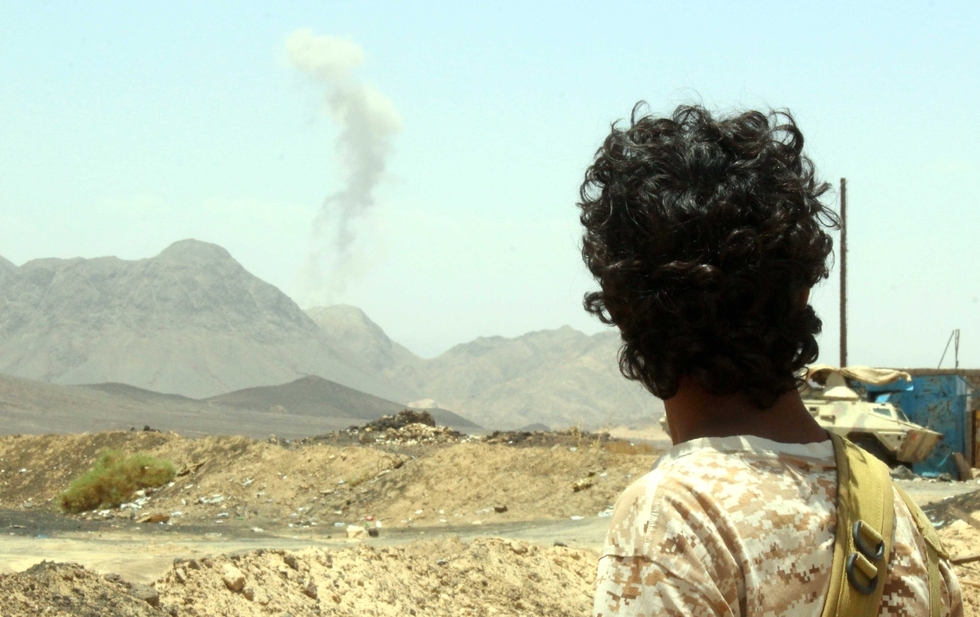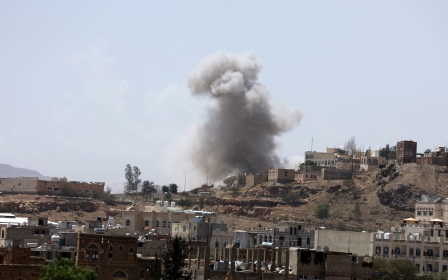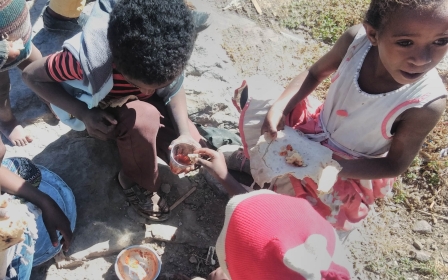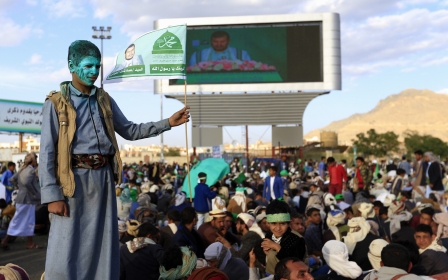Yemen's warring parties accuse each other of attacking Marib pipeline

Yemen's warring factions have accused each other of attacking an oil pipeline pumping station in the central province of Marib, where clashes have raged for weeks and displaced tens of thousands of civilians.
The oil ministry of the Saudi-backed and western-backed government said on Sunday that Houthi rebels had targeted the Kofel pumping station, according to the Saudi state news agency.
However Hussein al-Ezzi, an official in the Houthi-controlled government based in the capital Sanaa said Saudi-led coalition forces had attacked the station in what he described as a dangerous escalation.
Neither side gave details of the reported attack, which both said took place on Saturday.
The pipeline is operated by the Yemeni government-owned Safer oil company but no oil has been pumped through it for years.
New MEE newsletter: Jerusalem Dispatch
Sign up to get the latest insights and analysis on Israel-Palestine, alongside Turkey Unpacked and other MEE newsletters
Yemen's oil output has collapsed since 2015 when a Saudi-led military coalition intervened in the war to try to restore the government of Abd-Rabbuh Mansour Hadi to power after it was ousted by Houthi forces in Sanaa.
The United Nations hopes the threat posed by the global coronavirus pandemic will push Yemen's combatants into fresh talks to end a largely stalemated war that has left millions vulnerable to disease and starvation.
Women prisoners killed
Meanwhile, in Taiz, at least five women were killed and 28 people injured when shelling hit the woman's section of the central city's main prison on Sunday, local officials and medical sources told Reuters.
The shelling came from the part of the divided city controlled by the Houthis, they said.
Taiz, Yemen's third-biggest city, is considered a front line in the conflict.
A UN-mediated deal reached in Stockholm in December 2018 aimed to set up a committee to establish humanitarian corridors to the city, but little progress has been made so far.
Middle East Eye delivers independent and unrivalled coverage and analysis of the Middle East, North Africa and beyond. To learn more about republishing this content and the associated fees, please fill out this form. More about MEE can be found here.




